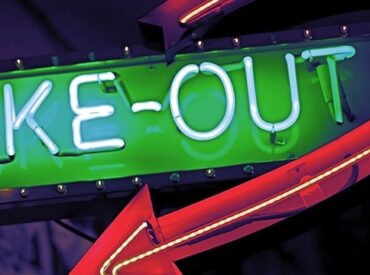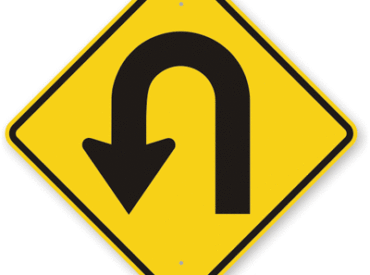Monitoring your thoughts is like counting calories– it takes effort. And most of us don’t like effort, especially not in the long term. Effort burns you out. Flow keeps you going.
Don’t get me wrong, when you’re learning to manifest or live a more mindful life, monitoring your thoughts is important because in doing so you learn what your state of mind is. One of my favorite sayings is, “You can’t change what you don’t know.” In order to become a more positive thinker, first you must realize you are not. The way you realize you aren’t a positive thinker the majority of the time is by monitoring your thoughts.
It takes effort to pay attention to your thoughts, which is why a lot of people give up. If you want to be a more positive person, monitoring your thoughts is the place to start to gain awareness. We all have to start somewhere. That’s where I started.
Diets Fail
One reason diets fail is because people either don’t want to count calories so they don’t, or they do it for a while and give up. I don’t know about you, but I don’t want to add up every morsel that goes into my mouth! Not only does it take effort, I feel restricted. Monitoring your thoughts can make you feel restricted too.
What’s the way around it?
State of mind.
If we can get to a point where we just “are,” we are “being,” we don’t need to monitor our thoughts or count our calories. Most weight gain is due to emotional reasons (which we often lump into the generic “stress” category). The best way to lose weight is to deal with the emotional issues causing you to over-eat. Since many people don’t want to deal with the emotional issues or may not think they have any, they don’t deal with them. They go on a diet instead. And, as we just said, most diets fail, at least in the long-term.
Until you deal with the emotional issues causing the weight gain, the weight won’t stay off. Unless you are a person with extreme willpower who will monitor every bite or find a replacement for overeating. Most of us aren’t in that category, though. Neither of those strategies involve dealing with the emotional issues, it’s finding a work-around. As I said in a previous blog post, even Jackie O said before she died, she wished she’d finished every piece of cake instead of restricting herself. She wished she’d let herself indulge more.
I digress.
The quickest way to be happy or get out of a bad mood is to slip into a state of being. That’s not easy to do for beginners, but with practice, you can get there.
What’s Your “-Ness?”
Anything that ends with “-ness” at the end is a state of being: happiness, beingness, thoughtfulness, sadness, joyfulness, madness etc. If you can find a way to bump yourself up in to a higher vibrational state (any positive “ness”), then you don’t have to monitor your thoughts because you’re already in that positive state. Why monitor your thoughts when you’re in happiness or joyfulness? Your thoughts are positive then. No need to monitor. You’re in the flow of life, not efforting.
It’s when you catch your mood slipping is when it’s important to go back and see what your thoughts were. Our thoughts create our emotions. If you’ve been in a bad mood all day go back and see what your thoughts were. Then you know what’s causing it and you can re-route those thoughts to more positive ones.
Faking It Has a Short-Term Advantage
We’ve all heard the saying, “Fake it til you make it.” That’s especially handy when you have to give a presentation at work, for example, but you’re super nervous. You slap on a smile and pretend you can do it even though inside you’re freaking out. No one knew the difference except you.
That works for the short-term and definitely serves a purpose and has a place in our lives. For the long-term we need something more effective. Something that isn’t faking. Something that truly feels good. Something that works every time.
To do that you can “just slip into happiness.” How do you “just slip?” There are many ways. What works for you depends on you and your situation at the time. For example, taking a drive with the top down (or your sun roof open) one day might be just what you need to feel good. Another day it might be listening to your top five, all inspiring playlist. The next day it may be plugging into binaural beats while you work.
Find Your Happy Place
The point is, figure out what gets you into your “happy place.” What can you to do to shift your mood? Once you know what that is and can do it effectively, monitoring thoughts isn’t as necessary because you’re already in a good place.
Besides, who wants to count calories (or monitor thoughts) if they don’t have to? I know I don’t!






